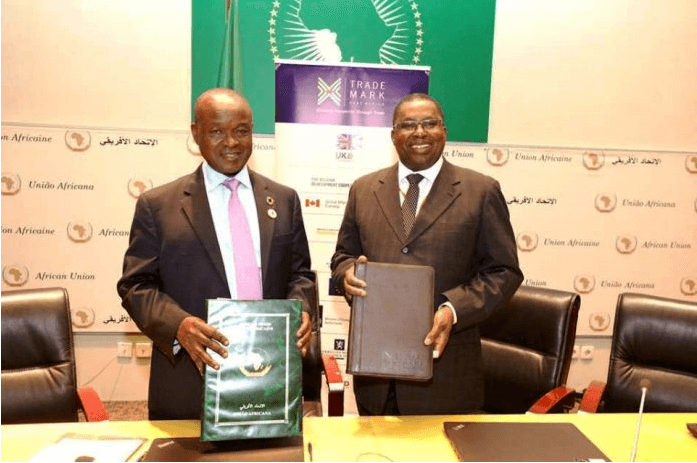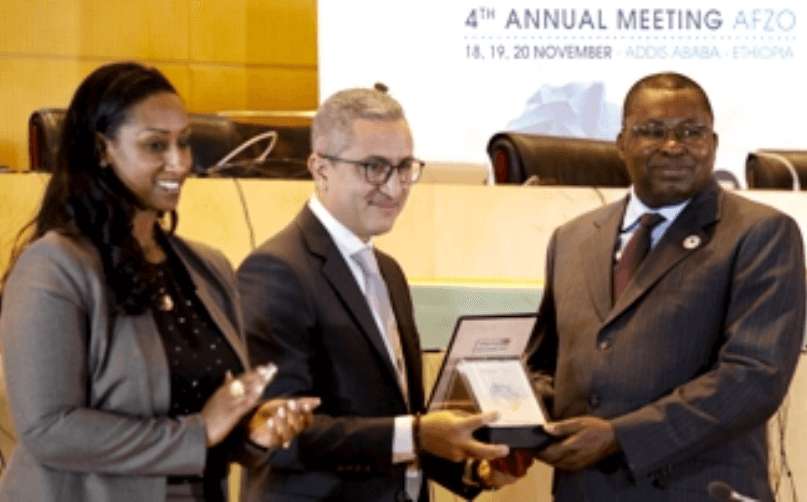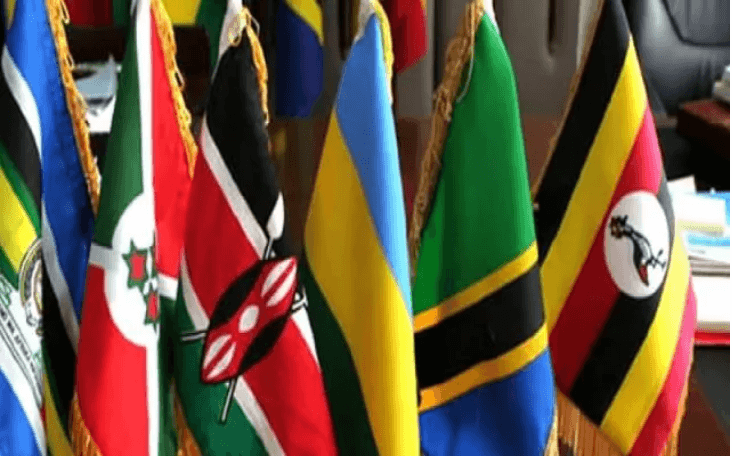The UN Economic Commission for Africa (ECA) and Trademark East Africa (TMA) launched the National impact assessment report that presented the effects of the African Continental Free Trade Area (AfCFTA) on Uganda, during a national AfCFTA stakeholder consultation meeting on 31 October 2019. Emphasizing that regional platforms are “the way to go” for developing countries to overcome trade challenges, the Minister for Trade, Industry and Cooperatives; Amelia Kyambadde, used her opening statement as an opportunity to applaud the ECA/TMA partnership in supporting regional integration in Eastern Africa. Addressing key players from Government, civil society, academia and private sector, she suggested that the AfCFTA is an instrument for harvesting Africa’s many prospects, saying: “I see more opportunities in Africa than any other continent in the next ten years. AfCFTA is the way to go. I foresee interconnectivity, industrial growth, competition, entrepreneurial development, improved negotiation as a region, regional value chains, standards, and an opportunity to improve future negotiations”. The Minister deemed the AfCFTA well aligned with Government priorities of transfoming Uganda into a developed economy through building productive capacity and market integration. Having given credit to the crucial role Uganda played as chief negotiator and champion during the AfCFTA negotiations, the Minister gladly reaffirmed the Government’s commitment to the implementation of the agreement, which will be supported through various trade promotion and capacity enhacement programs. What the AfCFTA means to Uganda Uganda’s enthusiasm for AfCFTA is well founded. The forum proceeded to present an Impact Assessment Report, set out by Andrew...
Enthusiasm for regional integration, as ECA and Trademark East Africa conduct national forum on the AfCFTA
Posted on: November 25, 2019
Posted on: November 25, 2019




















